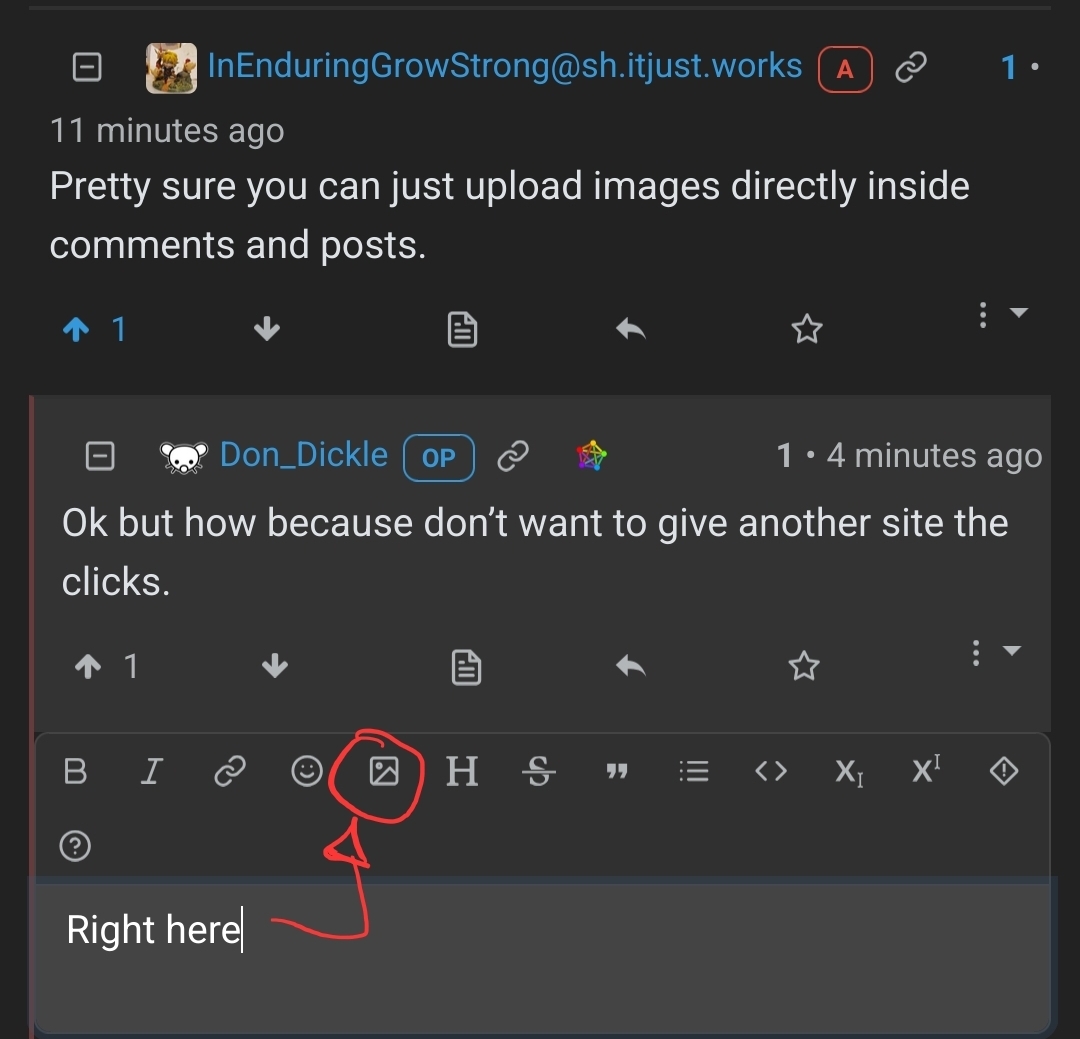

For mammal, if you wanna dig deeper into the orders… again, non-exhaustive, non-reviewed GPT stuff:
Here’s a list of some of the major orders within the class Mammalia (mammals):
-
Monotremata: Egg-laying mammals, such as the platypus and echidnas.
-
Marsupialia: Marsupials, which give birth to underdeveloped young that typically continue to develop in a pouch, including kangaroos, koalas, and opossums.
-
Eulipotyphla: Insectivores, including shrews, moles, and hedgehogs.
-
Chiroptera: Bats, the only mammals capable of sustained flight.
-
Primates: Includes lemurs, monkeys, apes, and humans.
-
Rodentia: Rodents, characterized by continuously growing incisors, including mice, rats, squirrels, and beavers.
-
Lagomorpha: Rabbits, hares, and pikas.
-
Carnivora: Carnivorous mammals, including dogs, cats, bears, and seals.
-
Perissodactyla: Odd-toed ungulates, such as horses, zebras, and rhinoceroses.
-
Artiodactyla: Even-toed ungulates, including pigs, deer, giraffes, and cattle.
-
Cetacea: Whales, dolphins, and porpoises.
-
Sirenia: Manatees and dugongs, also known as sea cows.
-
Proboscidea: Elephants, characterized by their long trunks.
-
Hyracoidea: Hyraxes, small, herbivorous mammals that resemble rodents.
-
Scandentia: Tree shrews, small mammals that are somewhat similar to squirrels.
-
Dermoptera: Colugos or flying lemurs, gliding mammals found in Southeast Asia.
-
Xenarthra: Includes anteaters, sloths, and armadillos, primarily found in the Americas.








Leeks and carrots potage from raiding the garden